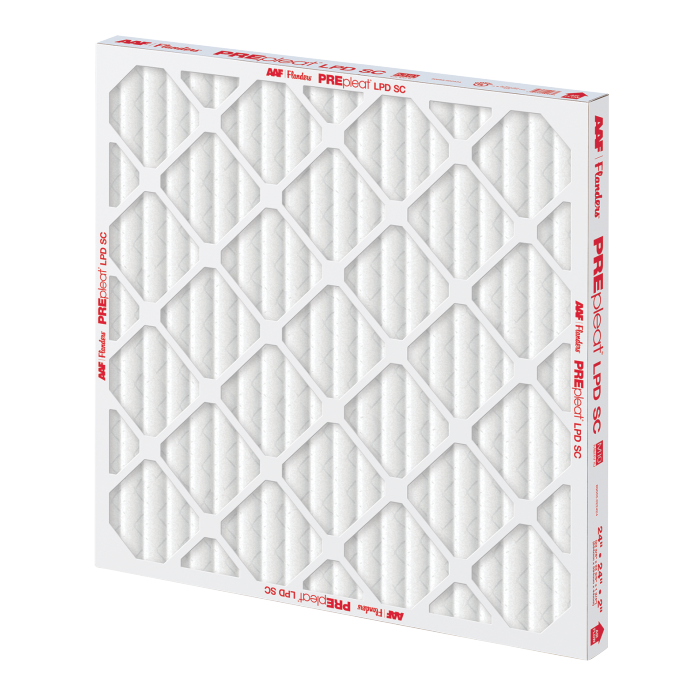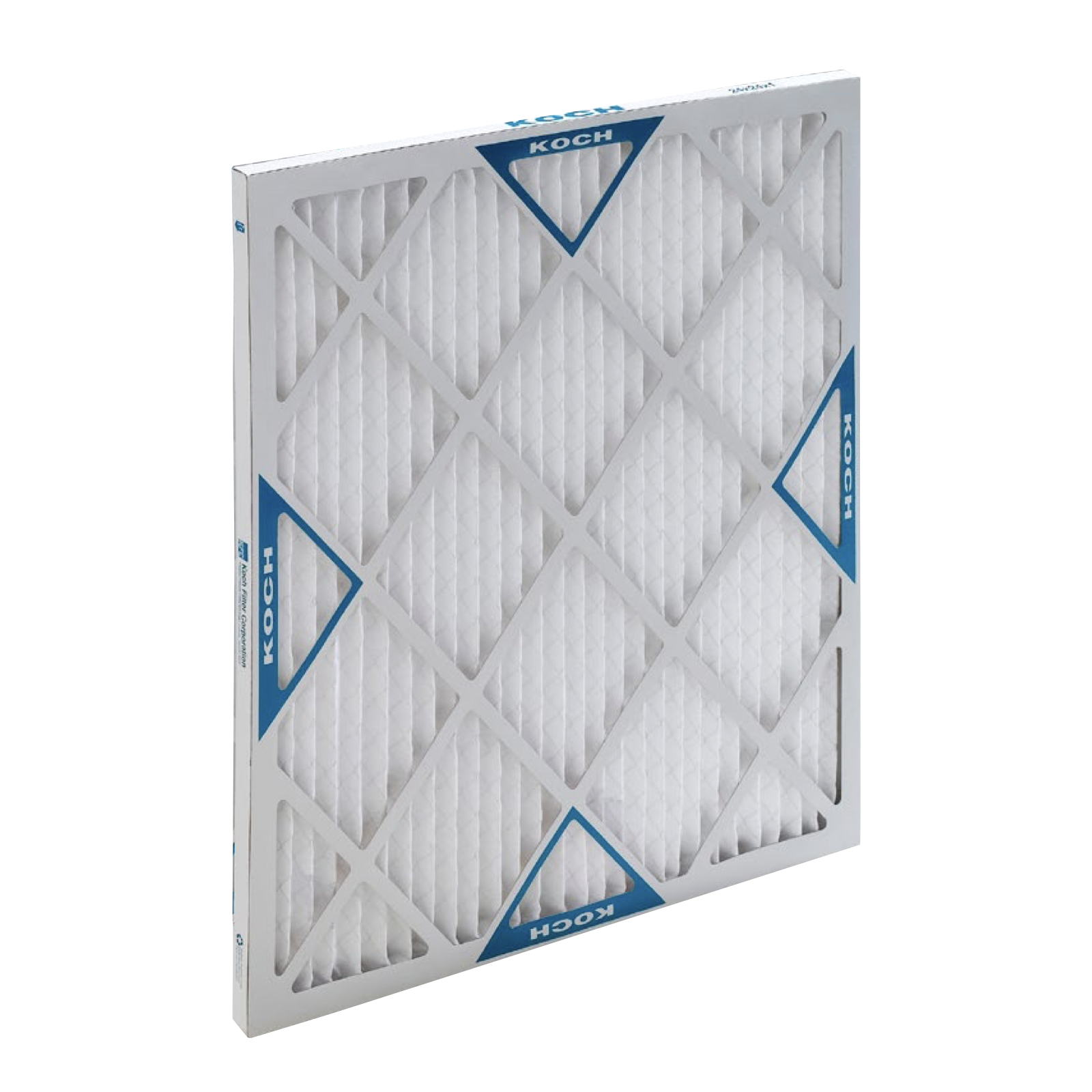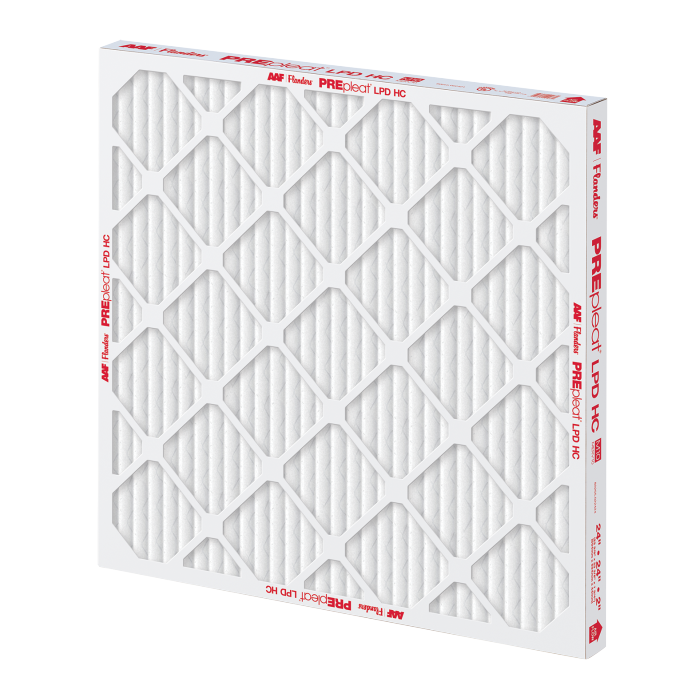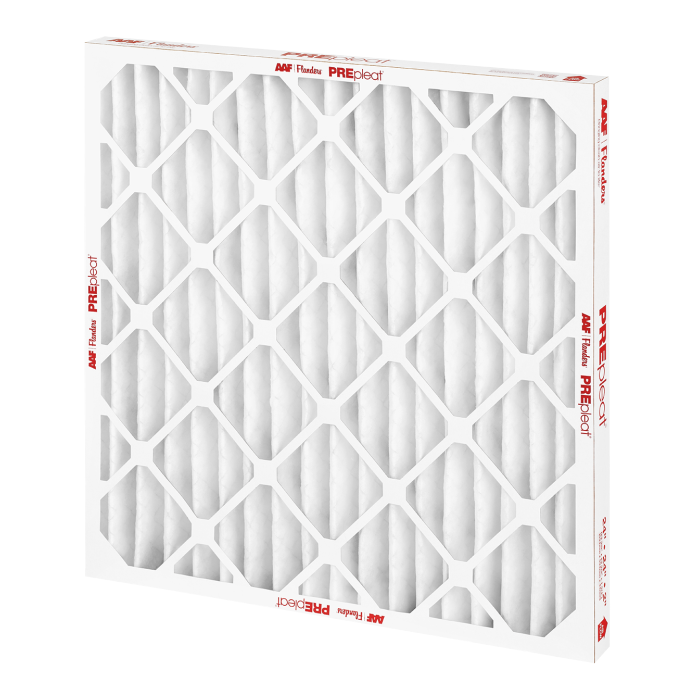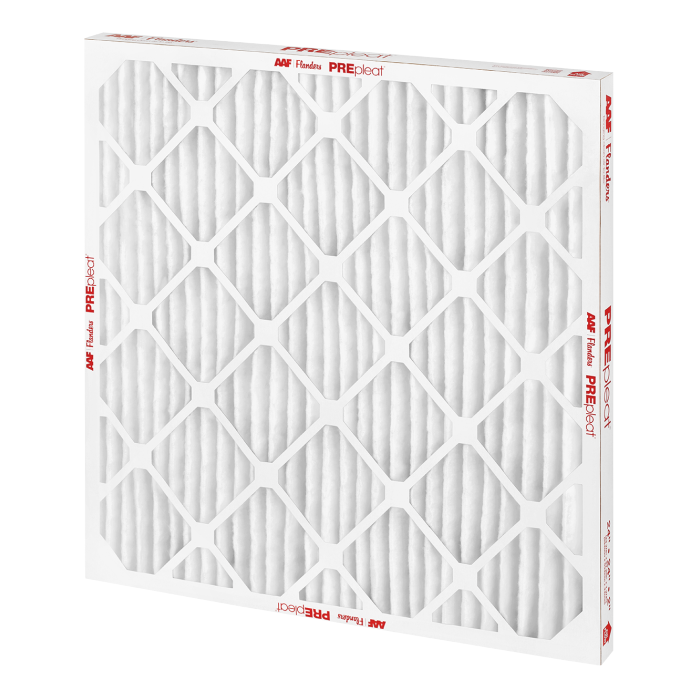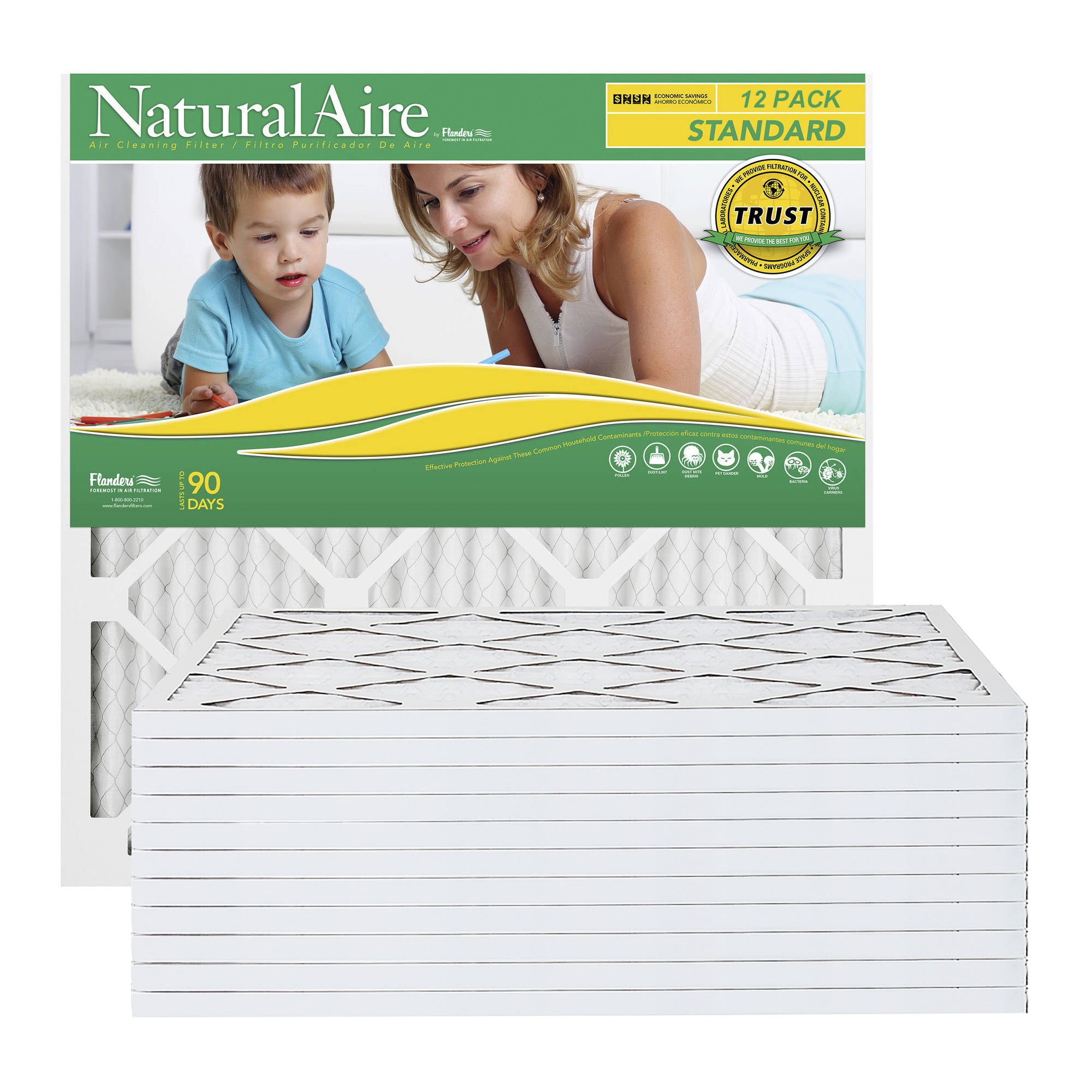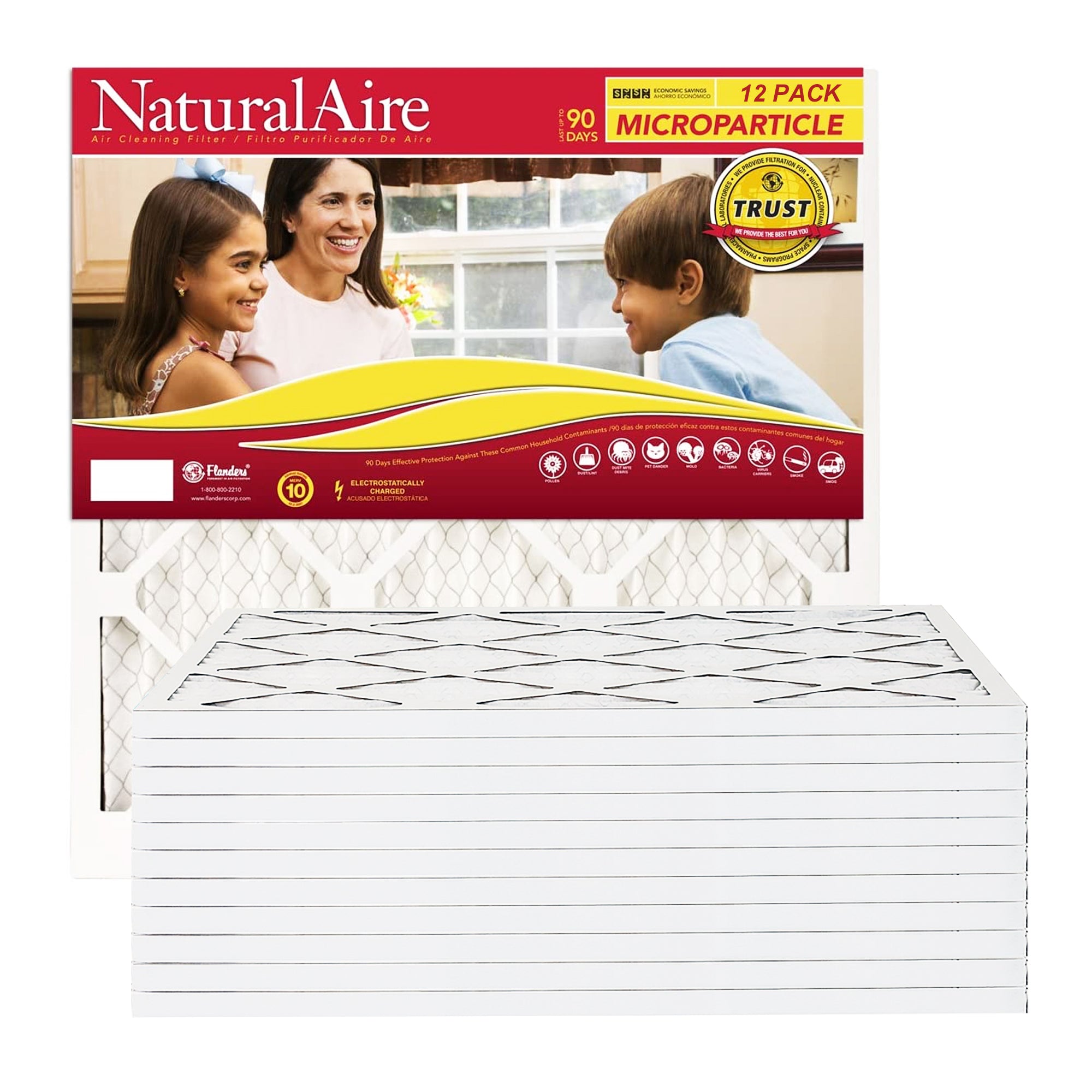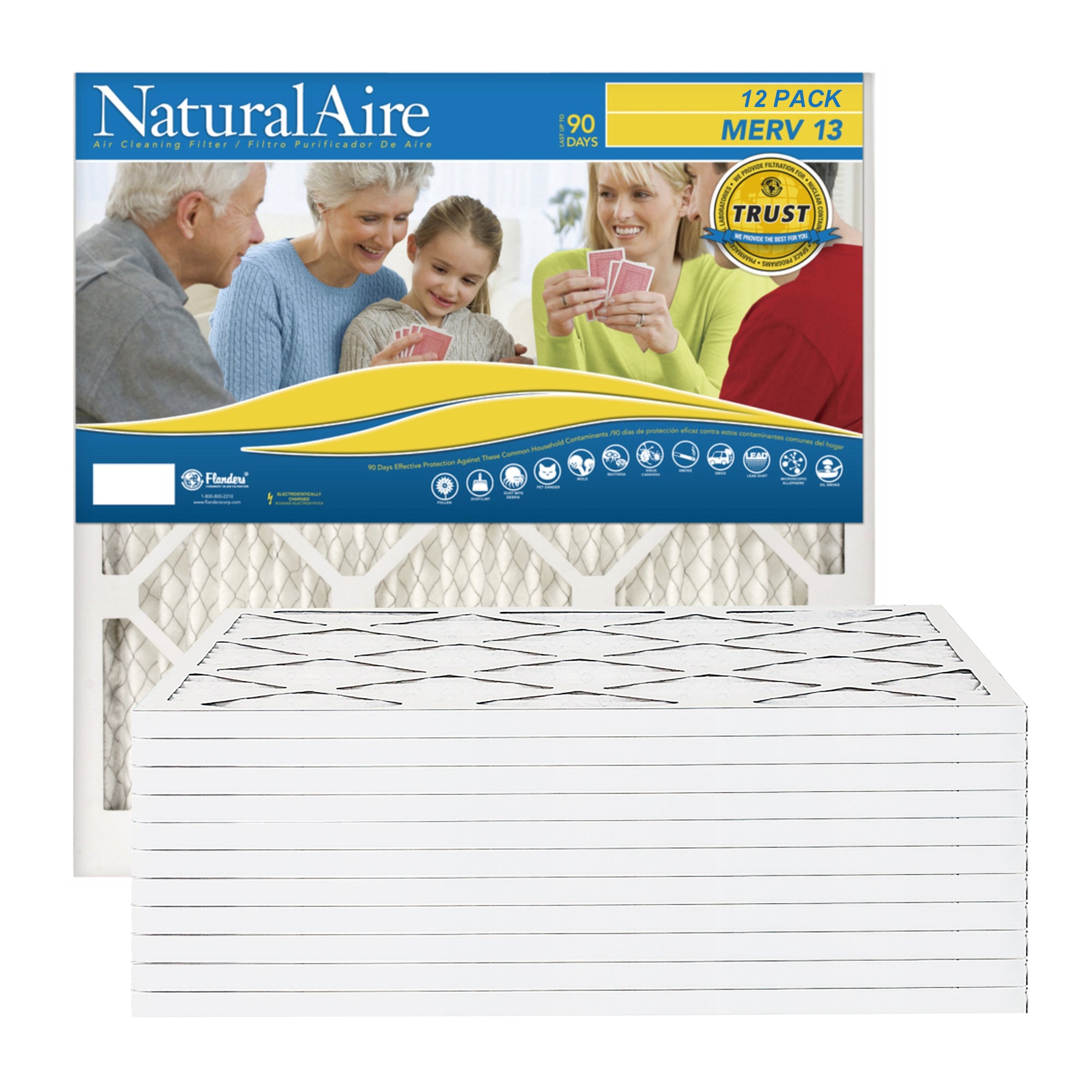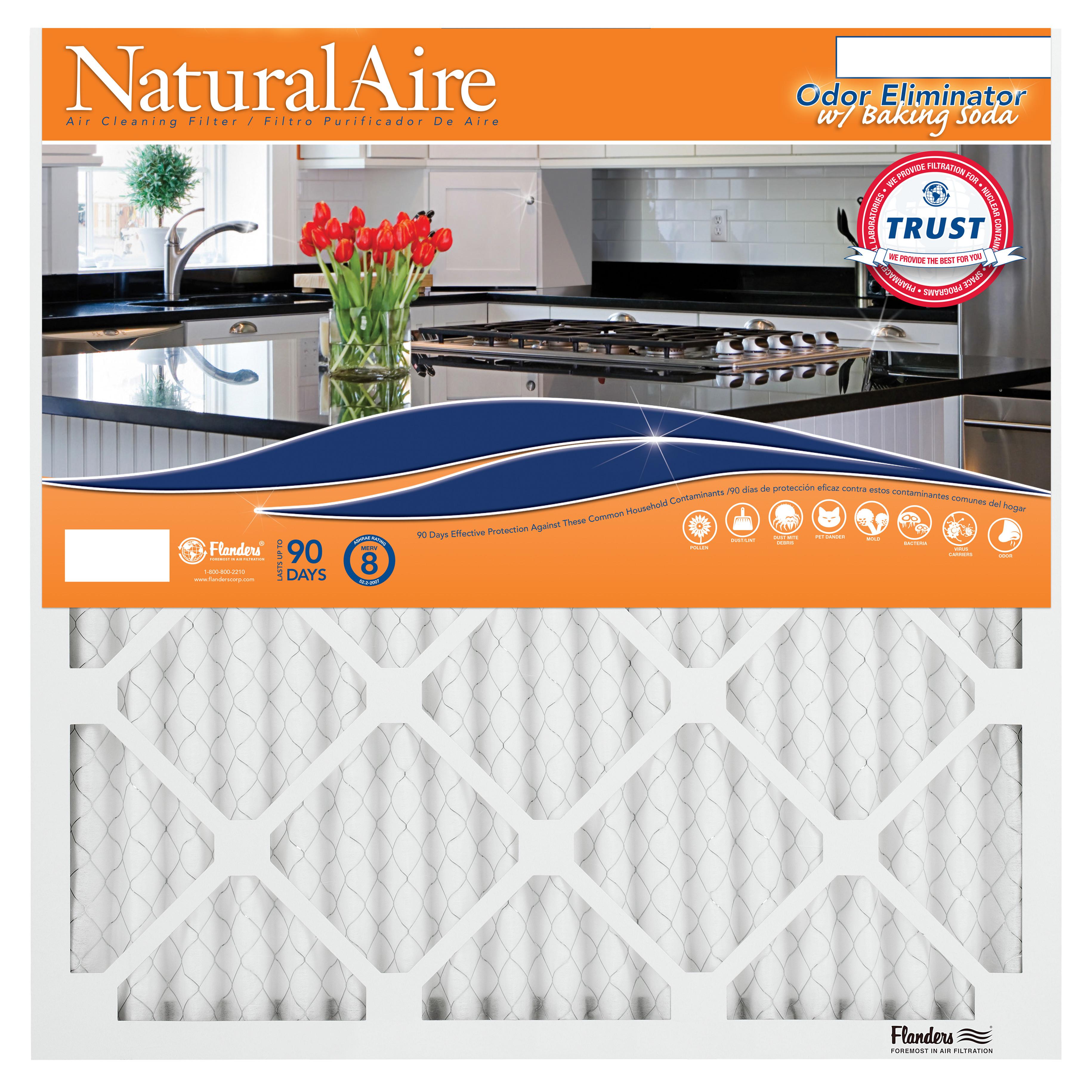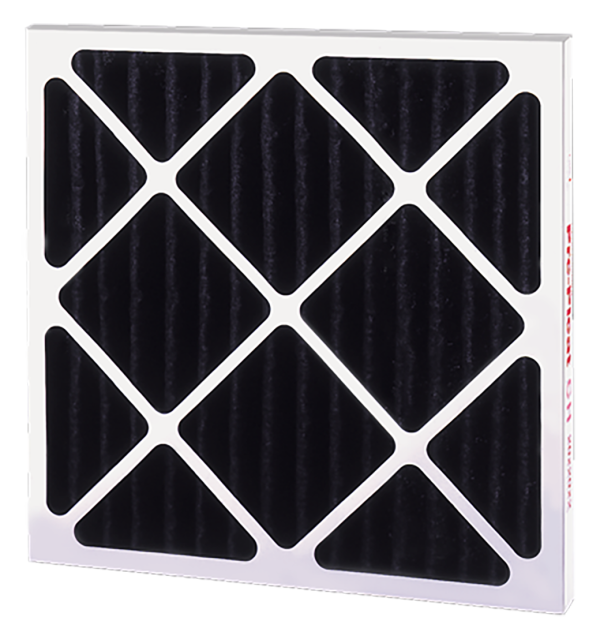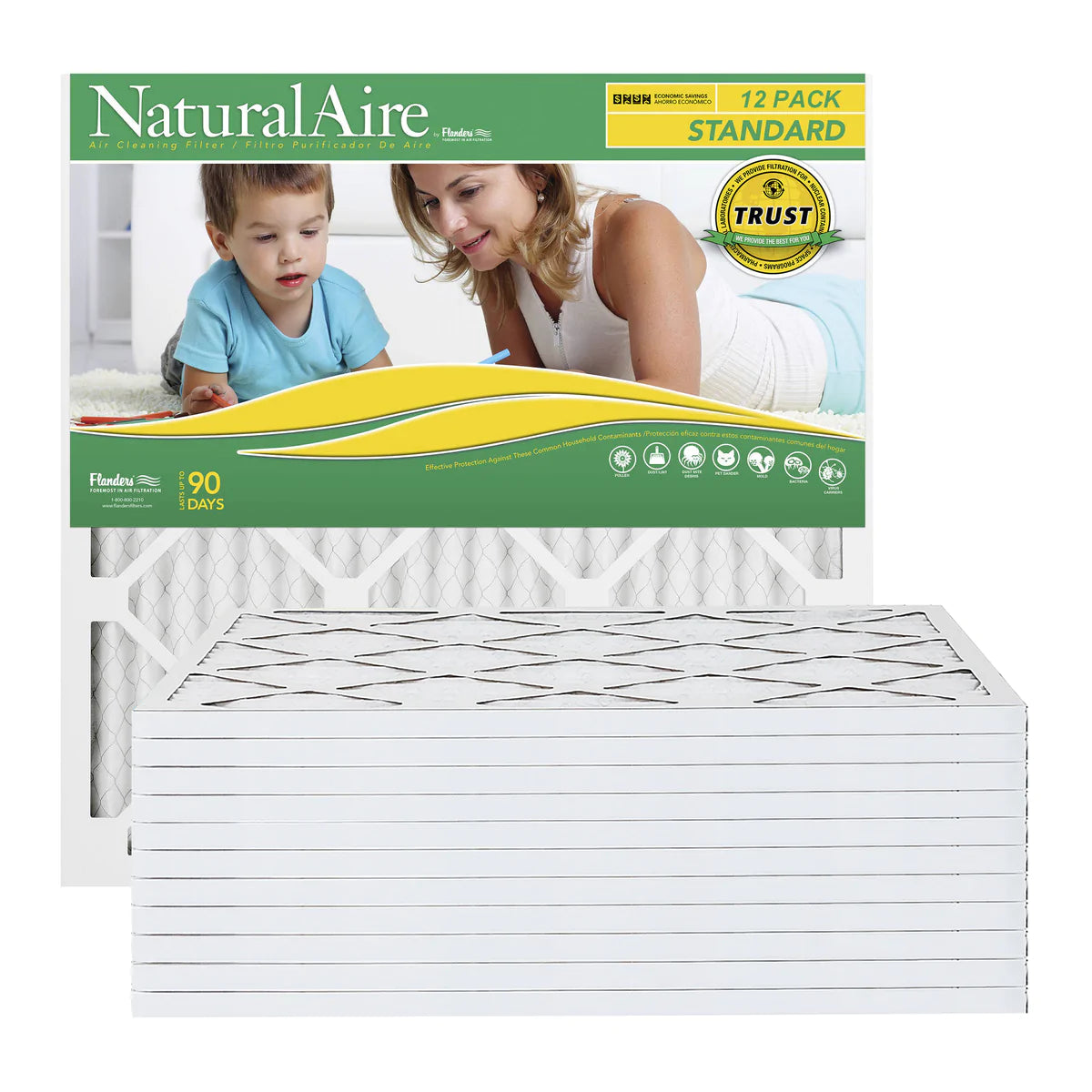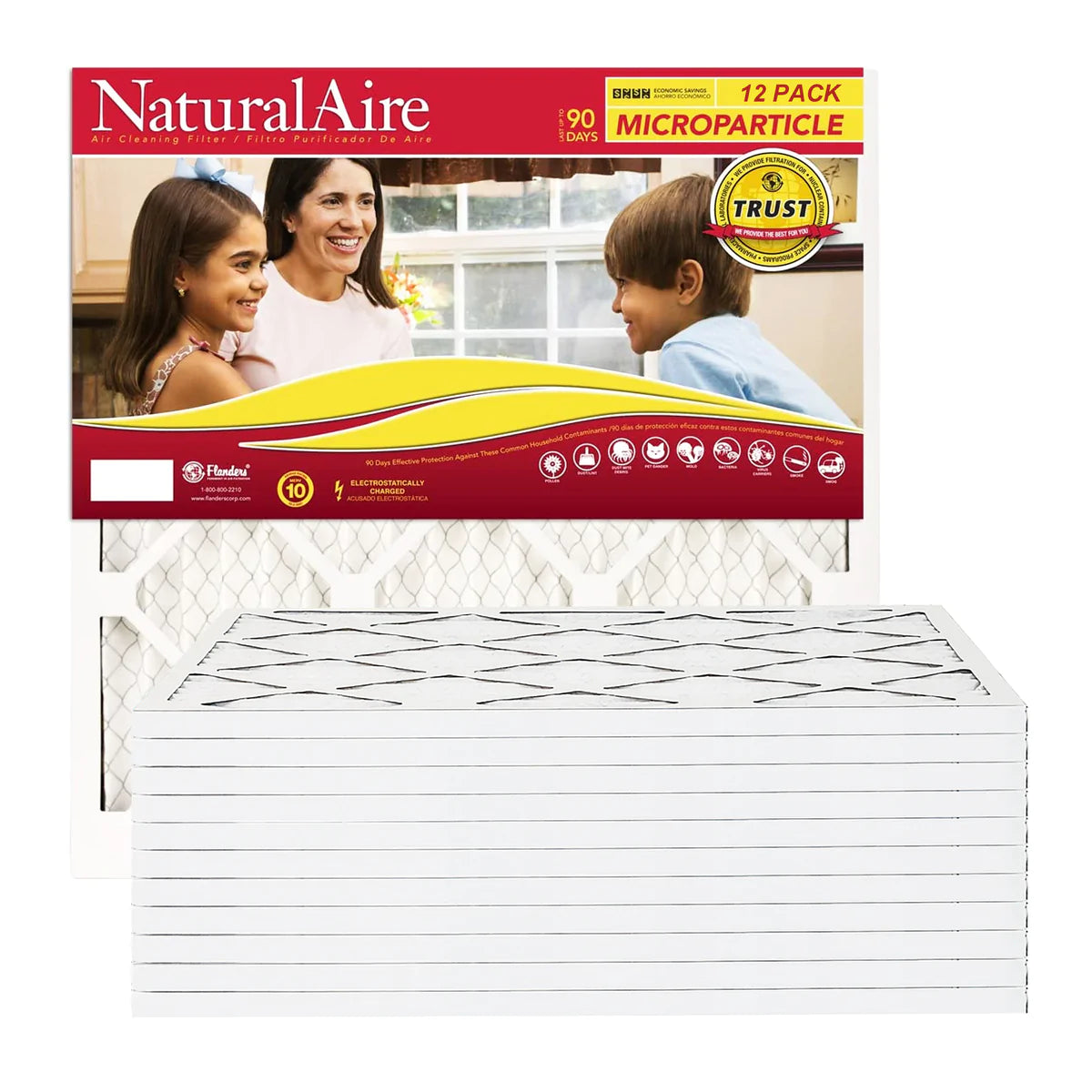Why is it important to keep your air cleaner in the winter?
During the winter months, we tend to spend more time indoors, which means we are exposed to indoor air pollutants for longer periods of time. These pollutants can include dust, pet dander, mold spores, and even harmful chemicals from cleaning products. Keeping your air cleaner in the winter is essential for maintaining good indoor air quality and protecting your health.
How can you keep your air cleaner in the winter?
One of the most important steps you can take to keep your air cleaner in the winter is to regularly replace your air filters. Air filters are designed to trap dust, pollen, and other airborne particles, preventing them from circulating in your home. Over time, these filters can become clogged with debris, reducing their effectiveness. By replacing your air filters regularly, you can ensure that your air cleaner is working efficiently.
It is recommended to replace your air filters every 1 to 3 months, depending on the type of filter and the level of pollutants in your home. If you have pets or allergies, you may need to replace your filters more frequently. Check the manufacturer's instructions for specific guidance on when to replace your filters.
How do you choose the right air filter?
When choosing an air filter, it is important to consider the MERV rating. MERV stands for Minimum Efficiency Reporting Value and indicates how effectively the filter can capture particles of different sizes. The higher the MERV rating, the more efficient the filter is at trapping smaller particles.
For most homes, a filter with a MERV rating between 8 and 12 is sufficient. However, if you have severe allergies or respiratory conditions, you may want to consider a filter with a higher MERV rating. Keep in mind that filters with higher MERV ratings may also restrict airflow, so it is important to check your HVAC system's specifications to ensure compatibility.
What are some other tips for keeping your air cleaner in the winter?
In addition to regularly replacing your air filters, there are a few other steps you can take to keep your air cleaner in the winter:
1. Keep your home clean and dust-free. Regularly vacuuming and dusting can help reduce the amount of dust and allergens in your home.
2. Control humidity levels. Dry air can worsen respiratory symptoms, while high humidity can promote the growth of mold and mildew. Use a humidifier or dehumidifier to maintain optimal humidity levels.
3. Ventilate your home. Opening windows for a few minutes each day can help remove stale air and improve indoor air quality.
4. Avoid smoking indoors. Smoking releases harmful chemicals into the air and can significantly reduce indoor air quality.
Conclusion
Keeping your air cleaner in the winter is essential for maintaining good indoor air quality and protecting your health. By regularly replacing your air filters and following these tips, you can ensure that the air in your home is clean and healthy all winter long.


